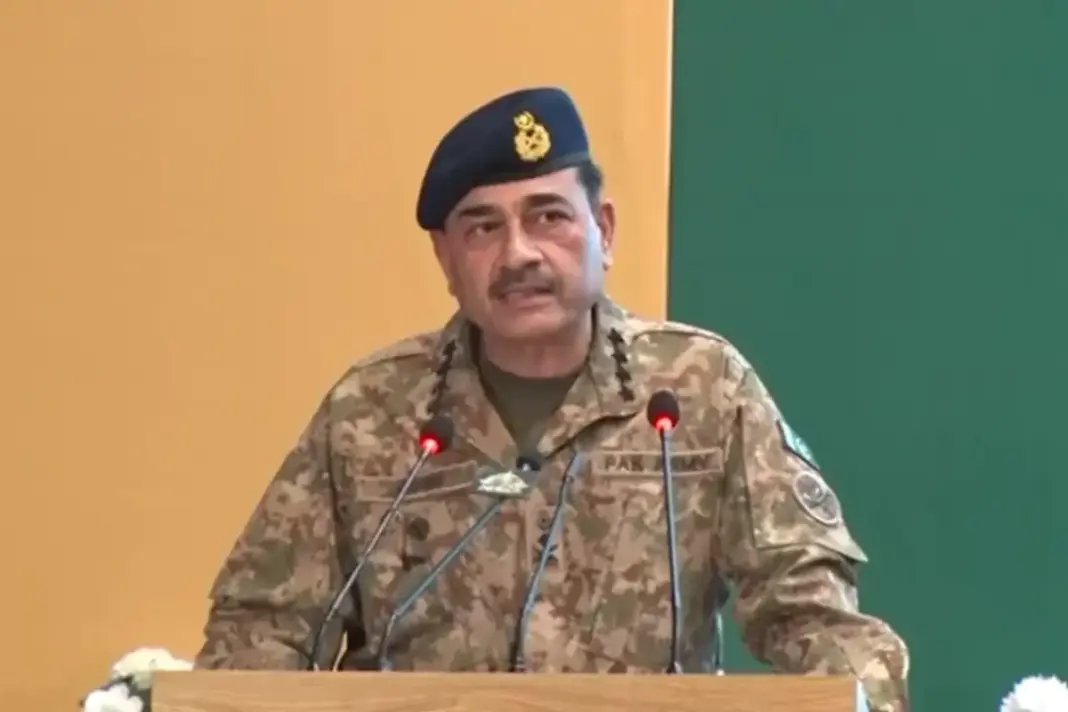Field Marshal Asim Munir, the head of Pakistan’s army, recently made a scary and controversial nuclear threat against India while he was in the US. Mubarak warned at a private dinner event in Tampa, Florida, that Pakistan would use nuclear weapons to “take down half the world with us” if it ever met an “existential threat” from India. This severe threat is one of the first times that we know of that something like this was said out loud in the United States.
Concerns about the Indus Waters Treaty and the building of dams
In addition to his nuclear threat, Munir also went after the long-running disagreement between India and Pakistan over the Indus Waters Treaty. He told India that if they built dams on the Indus River, Pakistan would destroy them with “ten missiles.” By saying that the Indus River “is not the Indians’ family property,” he made it clear that Pakistan is ready to use force to protect what it says are its water rights. These words came after India put the Indus Waters Treaty on hold because of terrorist attacks that were blamed on groups in Pakistan.
DON'T MISS
A delusional stance in the face of harsh realities
It was also in Munir’s speech that he admitted that Pakistan was not as strong as India. He allegedly said that India was like a shiny Mercedes and Pakistan was like a dump truck full of gravel at a public event in Florida. He was asking who would lose in a direct fight.
US-Pakistan military ties are being looked at closely
Asim Munir’s trip to the US happened at the same time as the retirement ceremony of General Michael Kurilla, who was in charge of the US Central Command (CENTCOM) at the time. This shows that military ties are still strong, despite these warnings of increased tension. His bold threat on American land, on the other hand, has raised questions about both Pakistan’s nuclear behaviour and whether it is smart for the US to keep close military ties with Pakistan.
Risks to regional and global security
The comments made by Pakistan’s Army Chief show a dangerous rise in nuclear language between two nuclear-armed neighbours who have a history of fighting. Experts say that this kind of bluffing raises the risk of making a mistake and starting a terrible war in one of the most unstable parts of the world.



